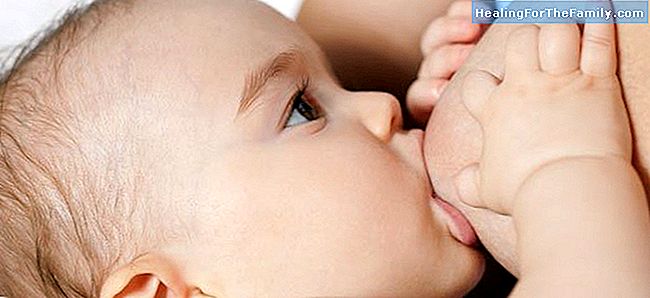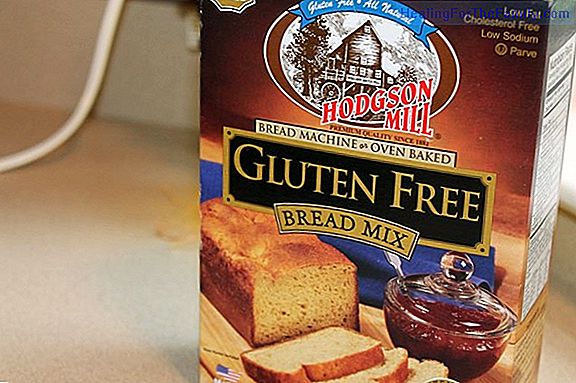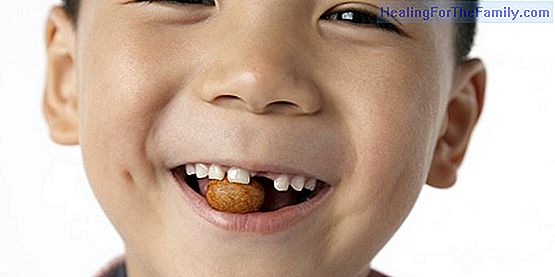Until when do you immunize the baby's breast milk
The immune system of a newborn is obviously much less developed than that of a 6-month-old baby and this one less than that of a 2-year-old baby, that's why breast milk, being a living food, is evolving in its composition, not only nutritional but other factors such as immunological. The mother prov
The immune system of a newborn is obviously much less developed than that of a 6-month-old baby and this one less than that of a 2-year-old baby, that's why breast milk, being a living food, is evolving in its composition, not only nutritional but other factors such as immunological.
The mother provides antibodies to the baby through breast milk, which is very beneficial during the first weeks, but how long can it be immunized?
Breastfeeding and immunity for the baby

While the newborn has humoral immunity thanks to the immunoglobulins that pass through the placenta to the fetus during pregnancy, at birth it is the colostrum that provides them, as well as antibodies, somatic cells, lactoferrin and oligosaccharides that play a key role in the maturation of the immune system of the nursing baby. Once your bowel matures, the baby develops its own active immunity, secreting its own immunoglobulins, but
mature breast milk remains an important source, as well as antibodies and other immunological factors . In fact, when coming into contact with a new antigen (virus or bacteria), the immune system, both that of the mother and the baby, begins to generate antibodies. These antibodies are detected in breast milk approximately 4-5h of exposure, and are an additional protection to those that the baby produces, thus increasing their defenses, and being of great help to fight infections, regardless of the age.In addition, although immunoglobulins are one of the first lines of defense against potentially pathogenic microorganisms that could cross the intestinal membrane, the intestinal microflora serves as support and help in this task. In this way,
the bacterial load present in breast milk supposes an extra immunological protection . Bacteria originate in the maternal gastrointestinal tract, and, on the one hand, stimulate the immune system and ensure that it is able to differentiate a pathogen from a commensal bacterium, and on the other compete with pathogens with which the baby can be in Contact. However, the first and main function of these bacteria is linked with the adequate colonization of the infant's intestine.In addition, in breast milk there is also an abundance of oligosaccharides, which facilitate the establishment of a desirable intestinal microbiota. On the one hand, they prevent the adherence of certain pathogens, and on the other, they demonstrate a prebiotic function, protecting against enteric infections.
The baby's immune system is far from fully formed at 6 months, even at 2 years, since the immune system is always in development, as if it were a library where there is always room for one more book, what breast milk will always help to increase this immunity, until the age you decide to breastfeed.












